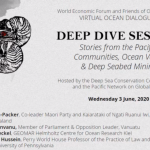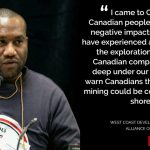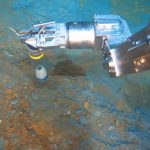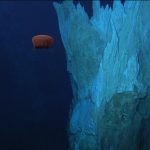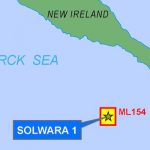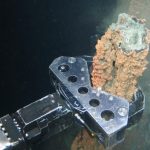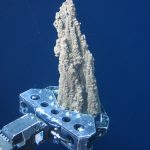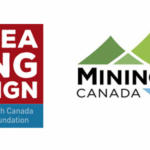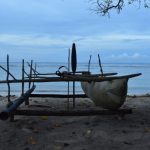This session was hosted as part of the 2020 Virtual Ocean Dialogues by the Deep Sea Conservation Coalition, World Wide Fund for Nature (WWF) and Pacific Network on Globalisation.
The ocean is a constant for people of the Pacific, with cultures centred around long-held relationships that remain embedded in everyday life. Knowledge, guardianship and traditional resource management systems enable the bounty of a healthy ocean to perpetually sustain physical, economic and spiritual well-being.
The impending industry of deep seabed mining has focused its attention on the Pacific region both on the high seas through the International Seabed Authority and within national jurisdictions, where proposals to date have been shown to be at odds not only with cultural beliefs and practices of Pacific societies, but also with contemporary marine legislation, economic and cultural activities such as fisheries and tourism, and the commitments of all countries to reverse the decline in biodiversity. The outcomes and stories of civil society engagement with prolonged seabed mining licensing processes lay bare the question of appropriateness of the activity in the 21st century.
In this Virtual Ocean Dialogue session, stories from frontline indigenous leaders offered a Pacific people’s perspective on the “sustainable relationship” with the life-giving entity, Moana nui. Experts also explored the interconnectedness of deep-sea environments and the rights of both human societies and nature in the context of exploiting the global commons.

